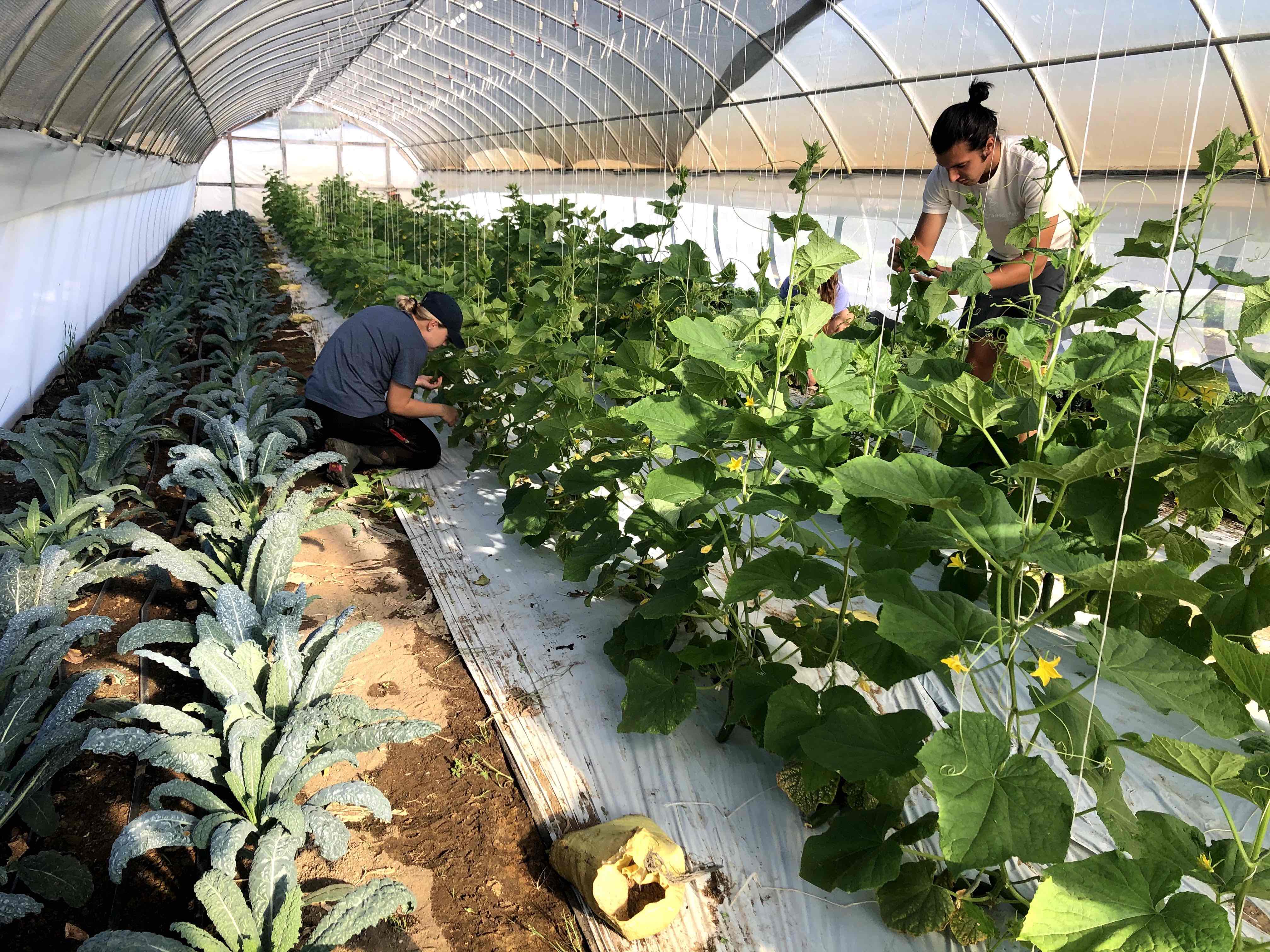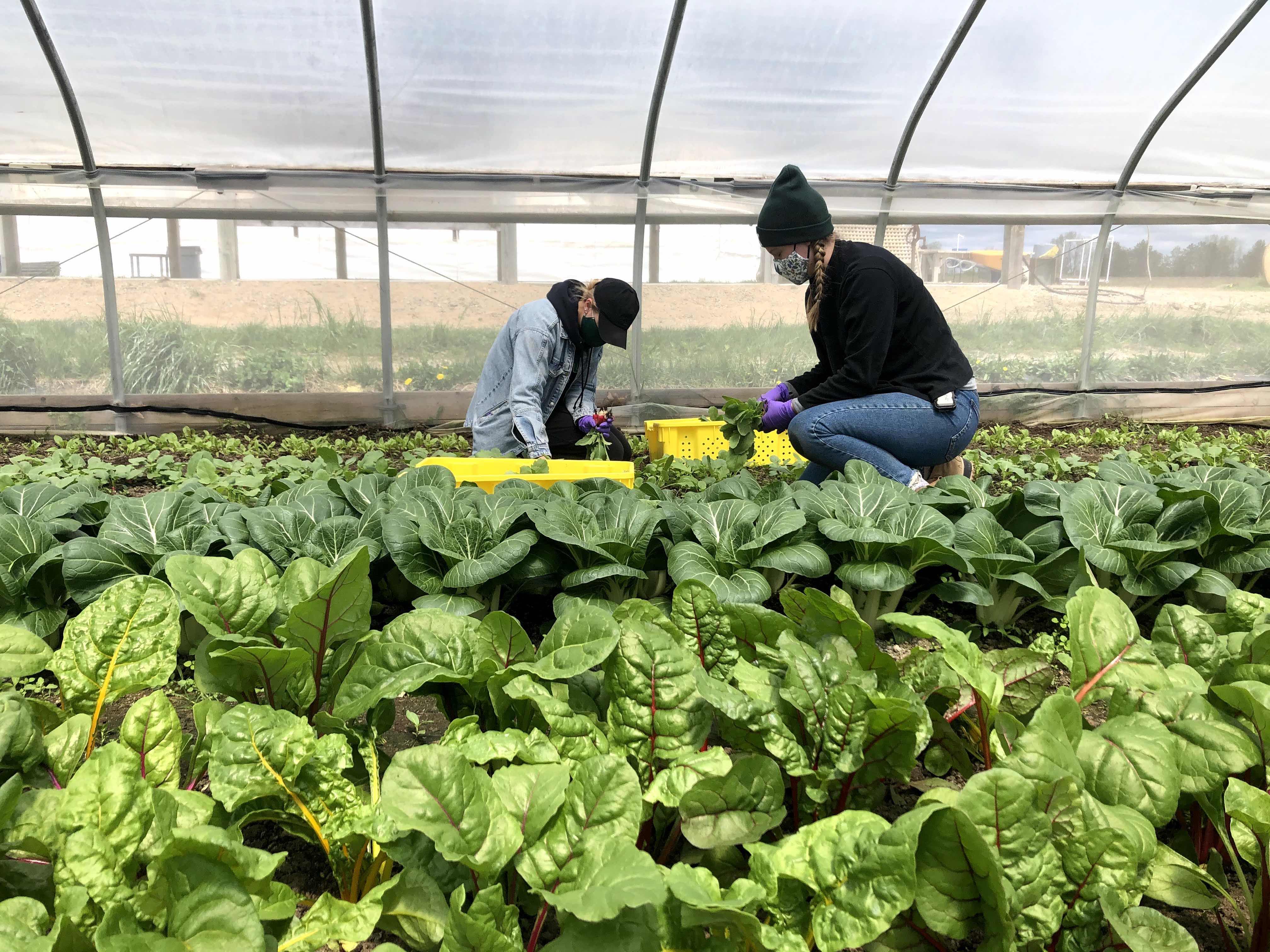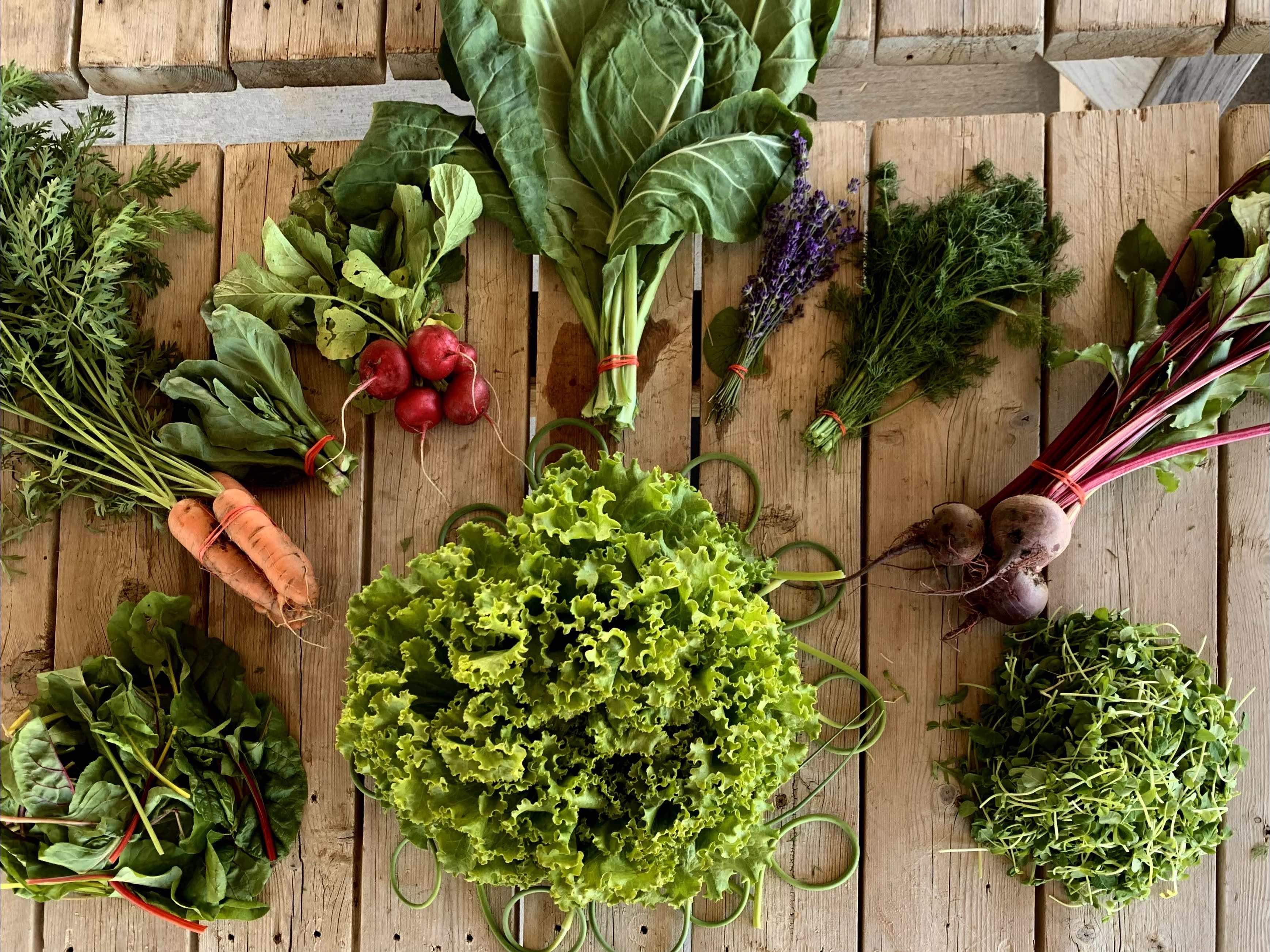Michigan State University announced the integration of MSU Student Organic Farm with the Division of Student Life and Engagement. This move reflects the university’s commitment to providing students with opportunities for hands-on learning and engagement with sustainable agriculture.
Student Life and Engagement, or SLE, provides many essential needs to on-campus students, including housing, dining, recreation, support, counseling and career services. Supplementing this list now with the Student Organic Farm furthers SLE’s mission to “provide a safe and inclusive environment while holistically enriching and advancing the life of every Spartan.”
The MSU Student Organic Farm is a valuable resource for all students to learn about organic food, farming and the impact of food on the planet. As part of SLE, the farm will gain more resources and support to expand its impact and continue its mission of educating the next generation.
Throughout the past 15 years, the Student Organic Farm team worked on fundraising efforts closely with what was formerly the Division of Residential and Hospitality Services (now SLE). It formed a partnership with the Culinary Services’ chefs. After many years of this collaborative effort, the farm officially became a part of SLE in August 2022.
Laurie Thorp, director of Residential Initiative on the Study of the Environment and one of the founders of the Student Organic Farm, said, “Senior Vice President Vennie Gore saw the synergies with the farm and all units within SLE — the student leadership, families, parent resource center, growing food specifically for dining units.”
In July 2022, 50 university faculty, staff and student members from various departments came together for a visioning session around the farm, joining SLE. The visioning session set in motion many ideas, from a farmer’s market at 1855 Place to indigenous foodways community learning at the farm.
“We are excited to have the Student Organic Farm join our division,” said Gore. “This is a great opportunity for us to continue supporting our students as they learn the importance of sustainable agriculture.”
In the past, former Division of RHS supported the farm by sponsoring the annual Feast in the Field Gala. This event put the food produced at the farm front and center, with MSU chefs preparing an extravagant, white tablecloth, seven-course meal served on-site at the farm for 300 people under a tent in communal fashion. Gore underwrote the limited seating affair to support student scholarships.
After an extensive search, Darby Anderson was selected as the new farm manager and started her role November 1, 2022. SLE anticipates Darby’s energy and passion for sustainable farming, and her vision for partnerships within SLE and the university will elevate the farm and the culinary experience in the dining halls as she works with the chefs to support their needs.
Assistant Vice President for Culinary Services Rebecca Selesky noted, “Darby’s farming knowledge and ability to engage with the culinary team as well as all members of the university and community are an asset to the farm and to our division. We continually strive to elevate our menus and help our students connect to the food they eat. Now, with the farm under the purview of SLE, we can focus on building a model of education and excellence to support and align with our values.”
Culinary Services intends to utilize a good portion of the farm’s harvest in the MSU residential dining halls. A crop planning session in January led by Anderson included the Culinary Services’ team to ensure harvest yield would contribute to menu needs planned for the 2023-24 academic year.
Additionally, Culinary Services’ retail operations will benefit from the farm’s offerings as they utilize the crops in operations such as Sparty’s and Sparty’s Market for fresh, grab-and-go items. The Market plans to offer some of the farm’s harvest in their grocery and fresh produce areas.
The farm is a true institutional asset. Future planning will align with MSU’s 2030 Strategic Plan as SLE determines the overall direction for the farm. Continued visioning sessions will focus on increased student engagement at the farm, human and planetary health, and student sense of belonging.
The farm, founded in 1999, has been a cornerstone of fostering stewardship and sustainability at MSU, offering the first year-round community-supported agriculture program in the state of Michigan. Its long-running Organic Farmer Training Program, which expanded into Detroit last year, continues to develop the next generation of small-scale farmers.
MSU has been ranked a top 10 university two years in a row for addressing U.N. Sustainable Development Goal 2: Zero Hunger through the Times Higher Education Impact Rankings. The Student Organic Farm is a shining example of the university’s commitment to utilizing the campus as a living laboratory for driving change in food systems and sustainability.
This story originally appeared on the Eat at State website.


